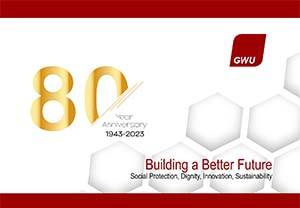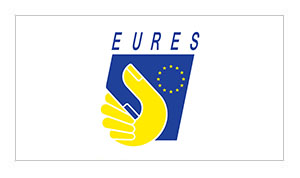Valletta – The General Workers’ Union (GWU) has welcomed the findings of the latest EY Malta Attractiveness Survey, which revealed that 79% of foreign investors consider Malta an attractive destination for foreign direct investment (FDI). This marks a significant 25% increase from previous years, a development described by GWU Secretary General Josef Bugeja as “an encouraging sign for our economy.”
In comments to this publication, Bugeja stated, “The survey confirms that despite global challenges in recent years, Malta continues to be seen as a stable, secure country that fosters foreign investment opportunities.”
Representing thousands of workers across all sectors of the Maltese economy, the GWU expressed satisfaction with the survey results, viewing them as a vote of confidence in the government’s leadership and the collective efforts of the Maltese workforce. “It shows that the country’s economic foundations—such as a robust financial services framework, good governance, advanced digital infrastructure, and a stable political and social climate—are solid and reliable,” Bugeja added.
However, he emphasized that economic success must also translate into tangible benefits for workers. “We must ensure that everyone benefits through decent work, fair wages, and safe working conditions. Economic and social progress must go hand in hand.”
The survey also highlighted key themes long championed by the GWU, including the need to address skills shortages and promote lifelong learning. “This is not just an economic issue but a social challenge that directly affects workers,” Bugeja said. “It reflects the urgent need for better coordination between education, trade unions, employers, and workplaces.”
The GWU has consistently advocated for continuous skills development and training, especially in light of technological transformation and digitalization. “Workers must be at the heart of this transition,” Bugeja stressed.
He also noted that competitiveness should not be measured solely by low costs or fiscal incentives, but by productivity driven by innovation, inclusion, and high standards of work and added value.
For this reason, the GWU believes that social dialogue must remain central to Malta’s economic strategy. “Decisions on investment, skills, and competitiveness cannot be left to the market alone. They require structured dialogue between government, employers, and trade unions—a partnership that ensures economic development leads to social advancement.”
“Foreign direct investment can be a tremendous force for good—creating jobs, stimulating innovation, and positioning Malta as a forward-looking economy. The government’s direction and decisions are proving effective and are having a positive impact on the country and society. It’s an impact that should be enjoyed by all,” Bugeja concluded.







